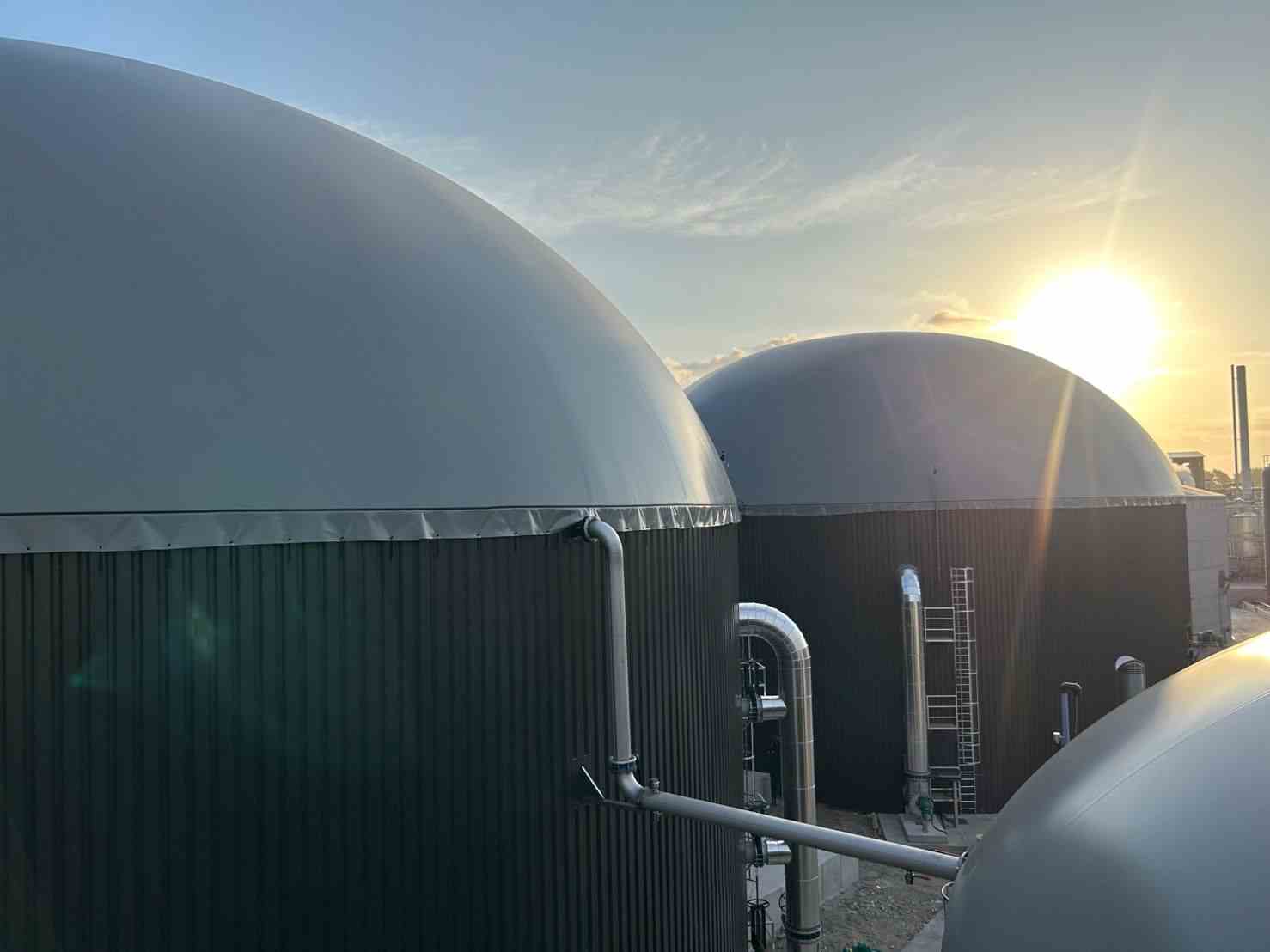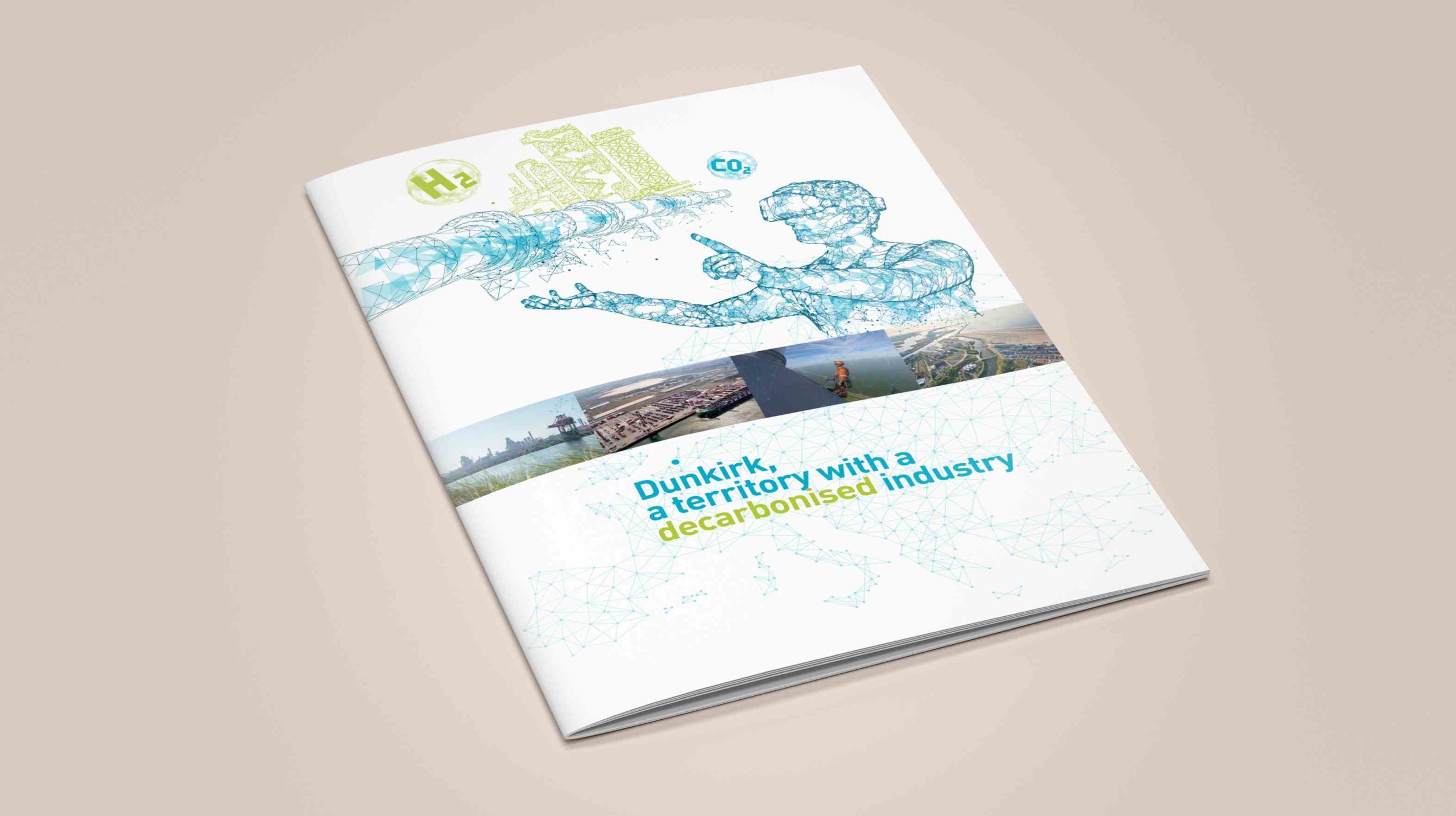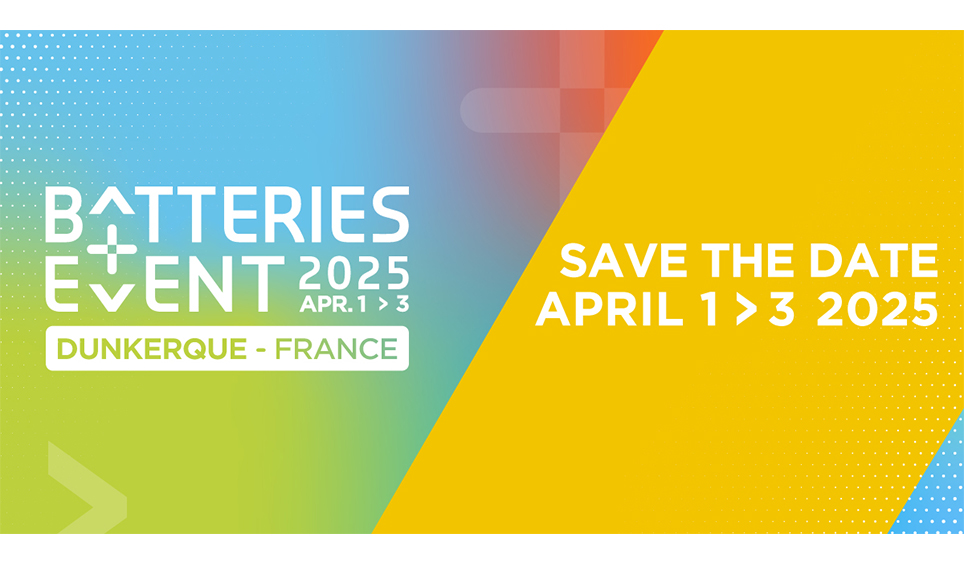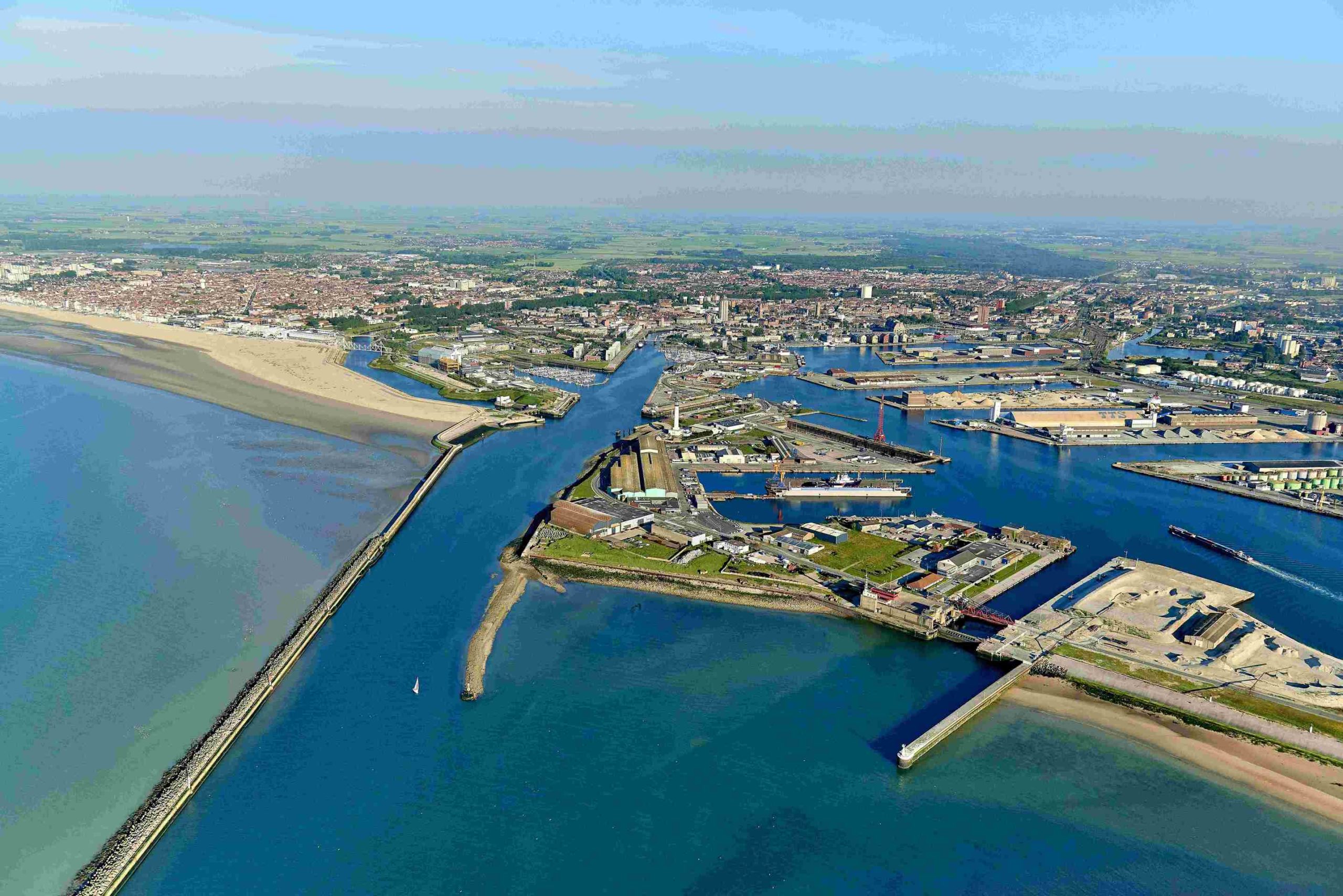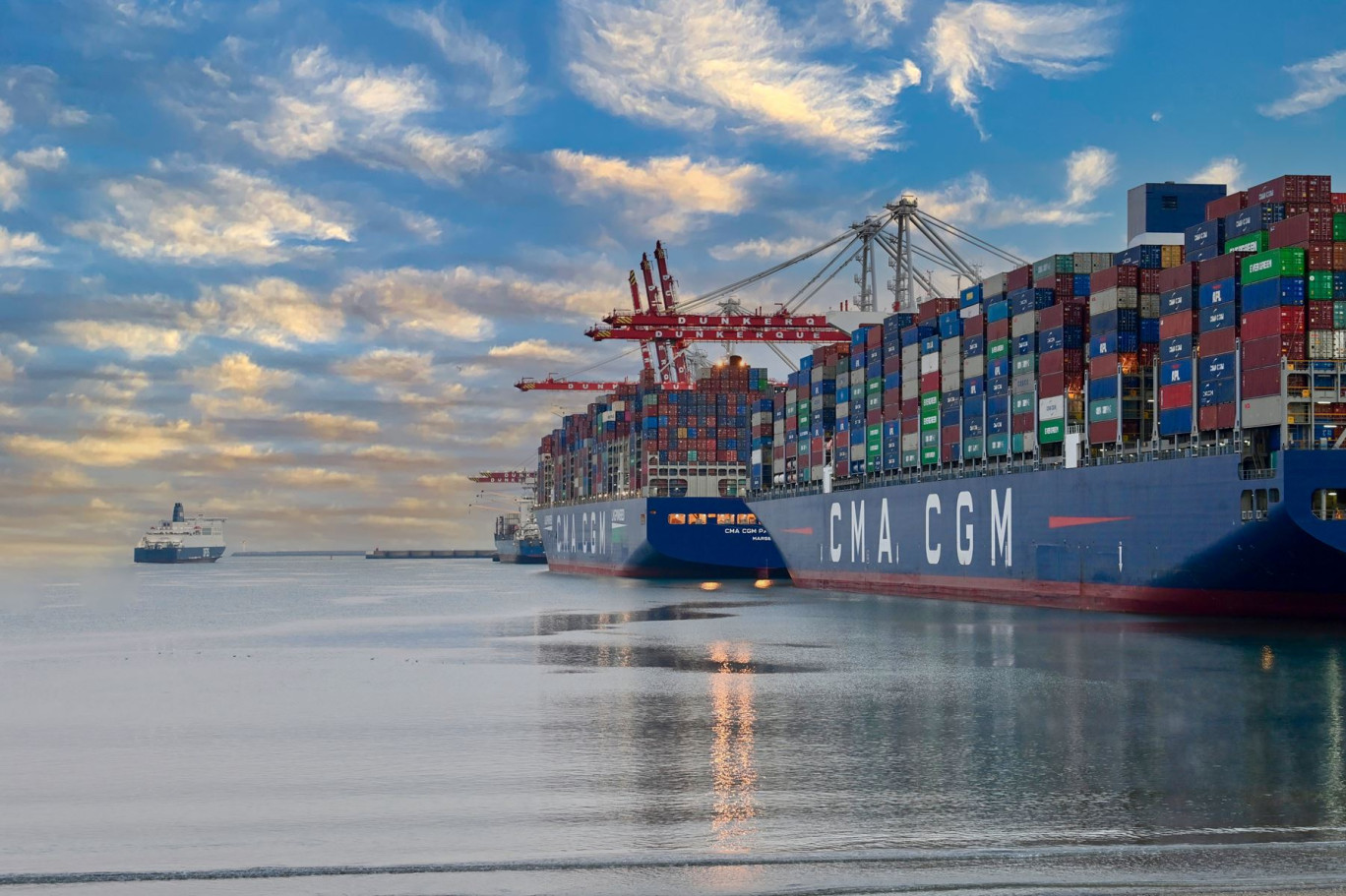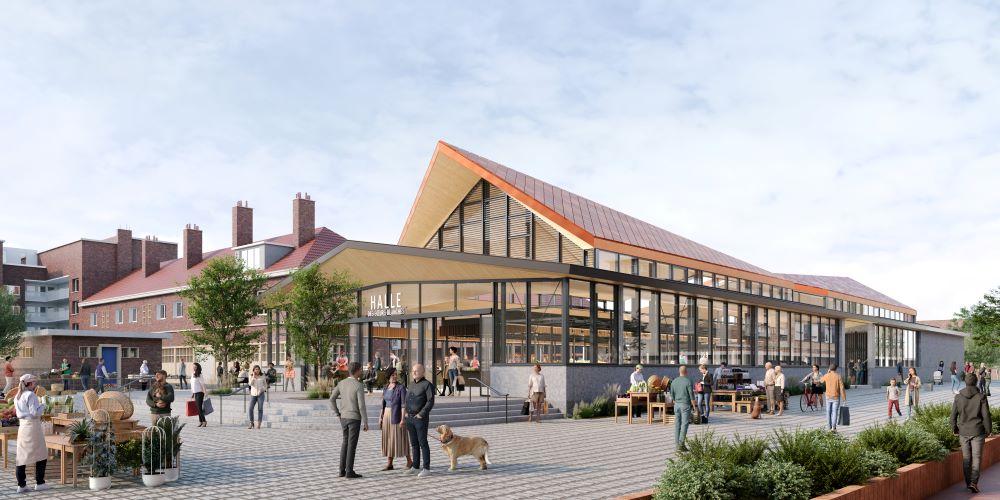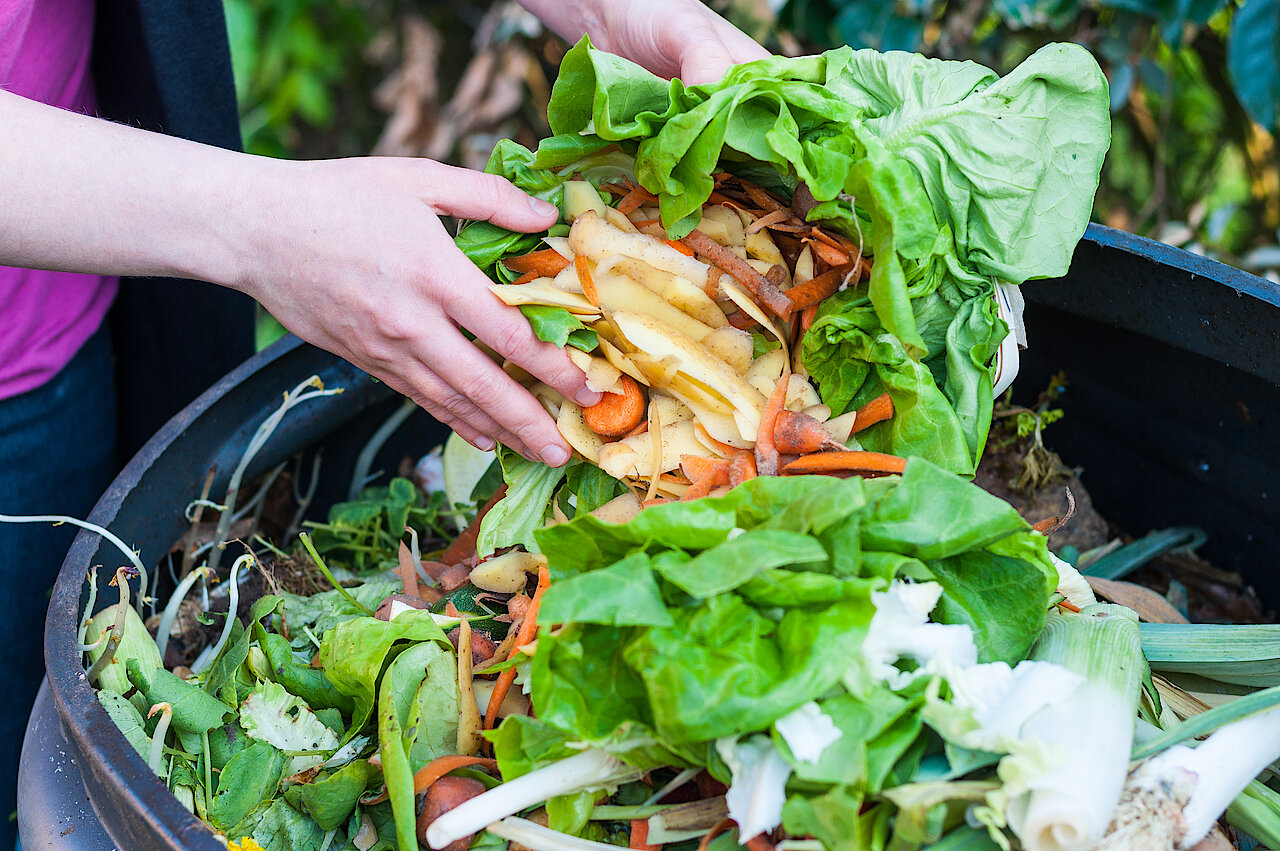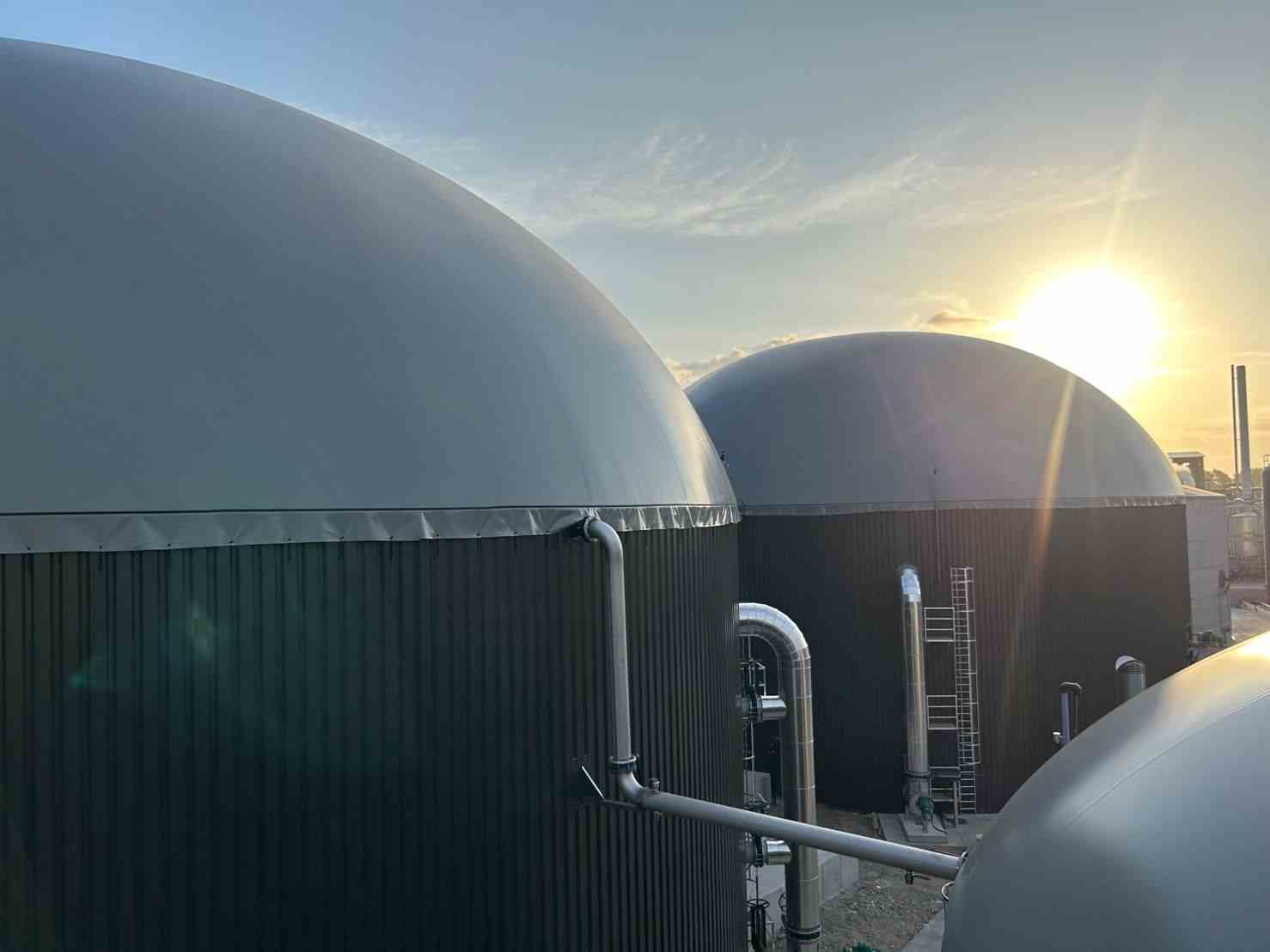
4/ Gas, biogas and H2, essential vehicles for the transition
-
Biogas
In Dunkirk, natural gas represents 1/3 of energy consumption from the industrial and residential sectors (according to the ADEME).
By way of comparison, CO2 emissions by type of energy consumed :
- 227 grams of CO2/kWh of gas consumed (CH4)
- 80 grams of CO2/kWh for electricity
- 44 grams of CO2/kWh for biogas
Originating from different sources (agriculture, agrifood industry, contract catering, green waste collection, household waste, etc), biogas and other renewable gases are an energy substitute for fossil gases.
Renewable gases provide answers to economic and environmental challenges in the way they recover waste and support decarbonisation of industry and transport.
Replacing natural fossil gas with biomethane (biogas that is refined and treated so it has the same properties as natural gas) over time will help to reduce the weight of CO2 emissions by five.
In Dunkirk, green gas production resources are abundant particularly because of the new methods of green gas production such as pyro-gasification, hydrothermal gasification and methanation, in the process of being industrialised.
A potential of 40 megawatts of green gas can be recovered in the Dunkirk territory, which constitutes a major lever in the ambitious carbon neutrality targets and an opportunity for French energy independence.
GRDF (French gas distribution system operator) and GRTgaz (gas carrier) are supporting all the stakeholders in the sector in the Hauts-de-France by way of the Métha’morphose REV3 initiative and contributing to three studies on green gases around the Dunkirk urban area.
- A pilot study on methane pyrolysis with the aim of converting methane into hydrogen without any CO2 emissions (in the form of solid carbon)
- A pilot oxycombustion boiler study that would help capture and recover CO2 from combustion
- Contribution to a green gas production input resources study, piloted by Pôlenergie
Spotlight on local biogas production projects
-
Ch. Daudruy Van Cauwenberghe & fils :
This company has developed an important biomethanation project, called Nord-Métha, inaugurated in July 2023. Its oil refinery processes produce used sludge and fat soils while the biodiesel manufacturing process generates glycerine with high methanogenic power. Over time, the unit will be able to inject 750 nm3/h of biomethane into the GRDF network, or almost 66,000,000 kWh/year, the equivalent of an annual consumption of 5,800 homes. This project will avoid 12,000 T of CO2 emissions per year. A biogenic CO2 recovery project is currently being studied.
-
Flandre Biogaz :
From 2024, Flandre Biogaz will manufacture biogas from livestock manure and plants (hedges, maize, pea stalks, etc.) produced by 4 local farmers and livestock breeders. The biogas injection volumes in the GRDF network are expected to be between 160 and 190 m3 /hour.
